Supplements often seem harmless because they are natural and easily available over the counter. However, a growing body of scientific evidence shows that certain supplements, especially in high doses or when combined with other medications, can cause serious harm to the liver and cardiovascular system. From case reports of liver failure to clinical trials revealing drug-like effects, doctors are raising concerns. Below, each supplement is discussed alongside relevant research findings to help you understand both its potential benefits and risks. Use this information to guide your decisions and start informed conversations with your healthcare provider.
1. Green Tea Extract
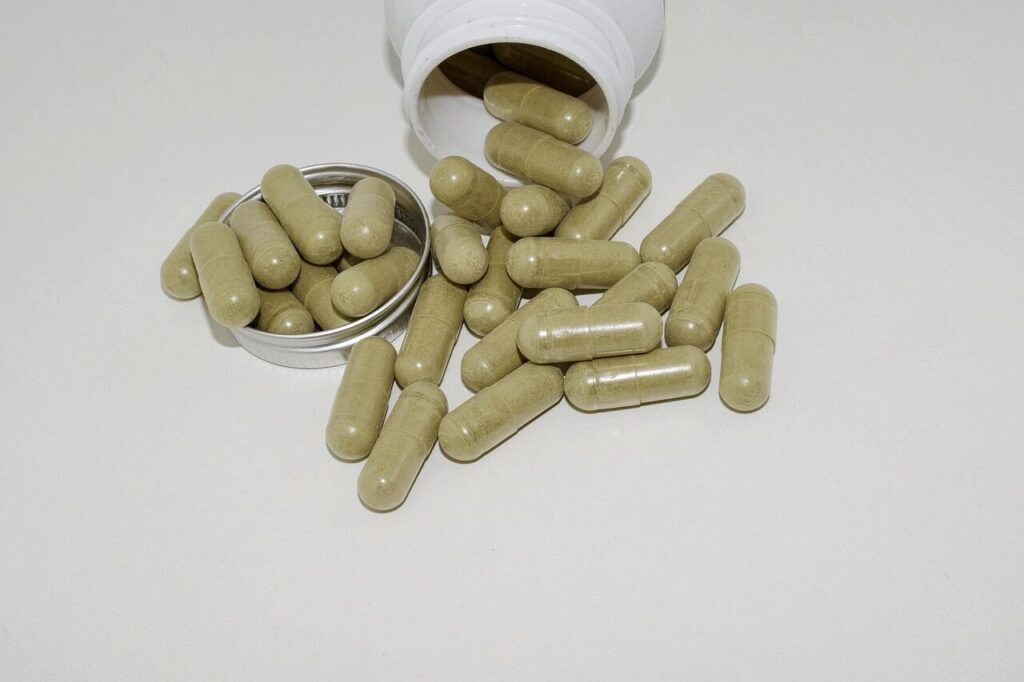
Green tea extract is often marketed for weight loss and metabolism support, but high doses of EGCG, the active compound found in it, can harm the liver. The European Food Safety Authority has warned that doses exceeding 800 milligrams of EGCG per day may lead to hepatotoxicity. Clinical reports show that some users experience elevated liver enzymes or, in rare cases, acute liver failure. Excessive intake may also raise heart rate or cause irregular heartbeats in sensitive individuals. Drinking brewed green tea remains beneficial, but concentrated supplements require caution and should only be used under professional supervision.
2. Niacin (Vitamin B3)
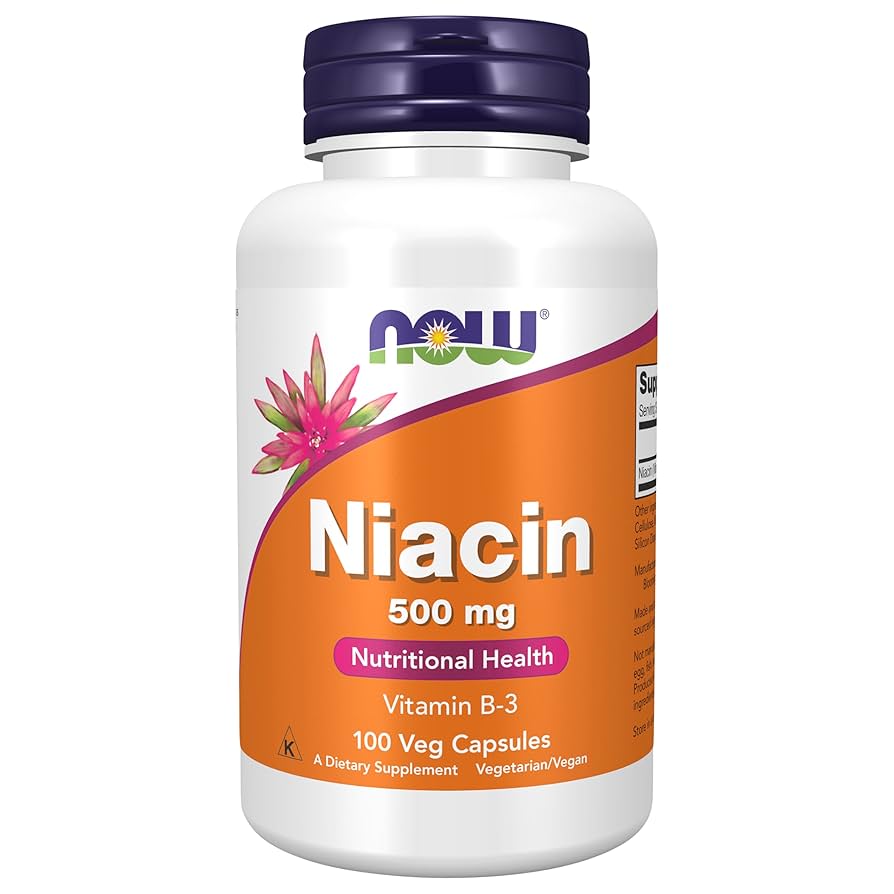
Niacin plays an important role in controlling cholesterol and supporting energy metabolism, but high-dose supplementation carries serious risks. Studies show that doses between one and six grams per day can cause mild to moderate liver enzyme elevations in up to 20 percent of users. Sustained-release forms have been linked to severe liver toxicity and even acute liver failure. Niacin flush, a common reaction, may also indicate excessive intake. While niacin from food sources such as fish, nuts, and grains is safe, supplementing with high doses should be done only under medical guidance to avoid cardiovascular and hepatic complications.
3. Red Yeast Rice
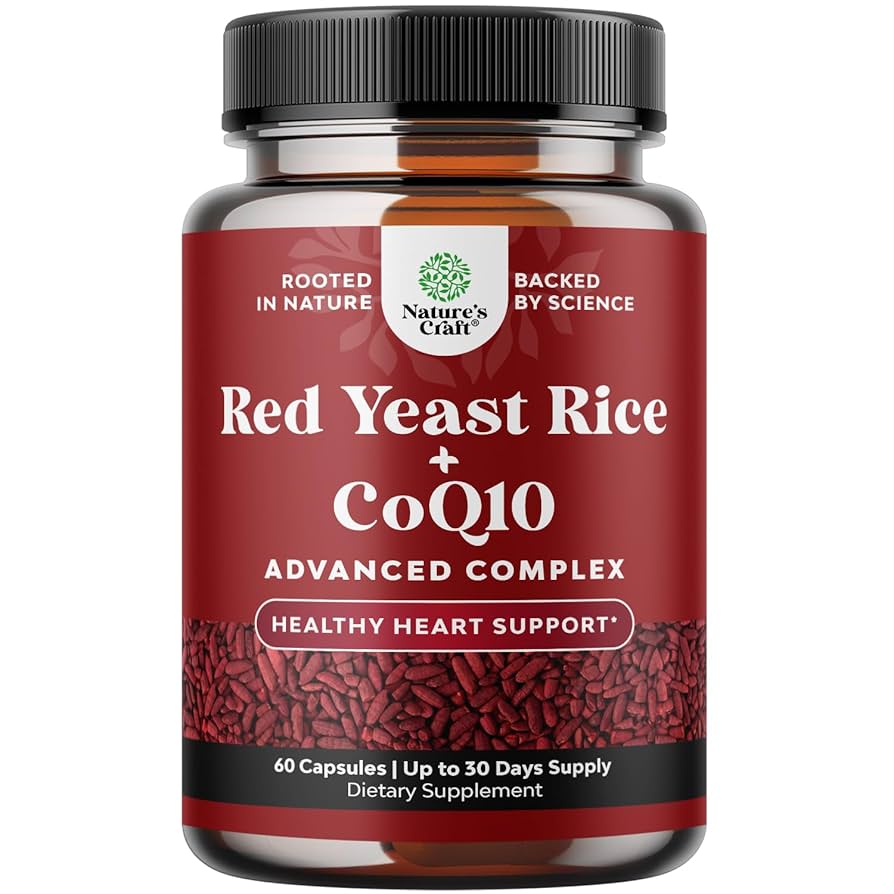
Red yeast rice naturally contains monacolin K, a compound chemically identical to lovastatin, a prescription cholesterol-lowering drug. Clinical studies show it can reduce LDL cholesterol by up to 48 percent, but the similarity to statins means it shares the same potential side effects, such as liver damage, muscle pain, and fatigue. Some unregulated supplements also contain citrinin, a toxin that can harm the liver and kidneys. Because of its drug-like potency and inconsistent manufacturing standards, health experts advise caution. Anyone taking statins or other cholesterol medications should avoid combining them with red yeast rice without medical supervision.
4. Turmeric and Curcumin Supplements
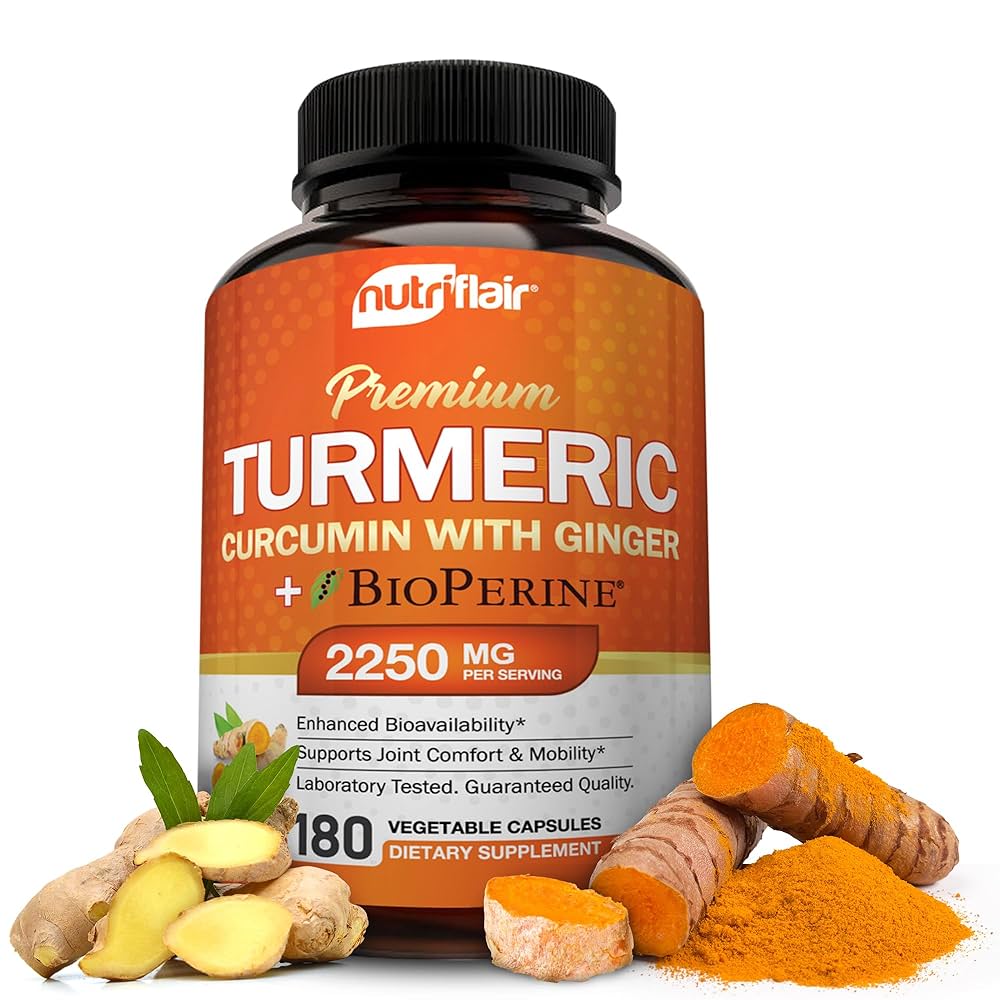
Turmeric is known for its anti-inflammatory properties, but its concentrated supplement form can sometimes trigger liver injury. In recent clinical reviews, several confirmed cases of turmeric-related liver damage have been recorded, including one fatality. The risk increases when curcumin supplements are combined with black pepper extract, which enhances absorption and raises blood levels dramatically. Excessive doses may cause jaundice, fatigue, and elevated liver enzymes. Doctors recommend obtaining turmeric’s benefits through food rather than supplements. When taken responsibly in moderate doses, turmeric can support overall health without putting unnecessary stress on the liver.
5. Artificial Sweetener Extracts (Erythritol and Xylitol)
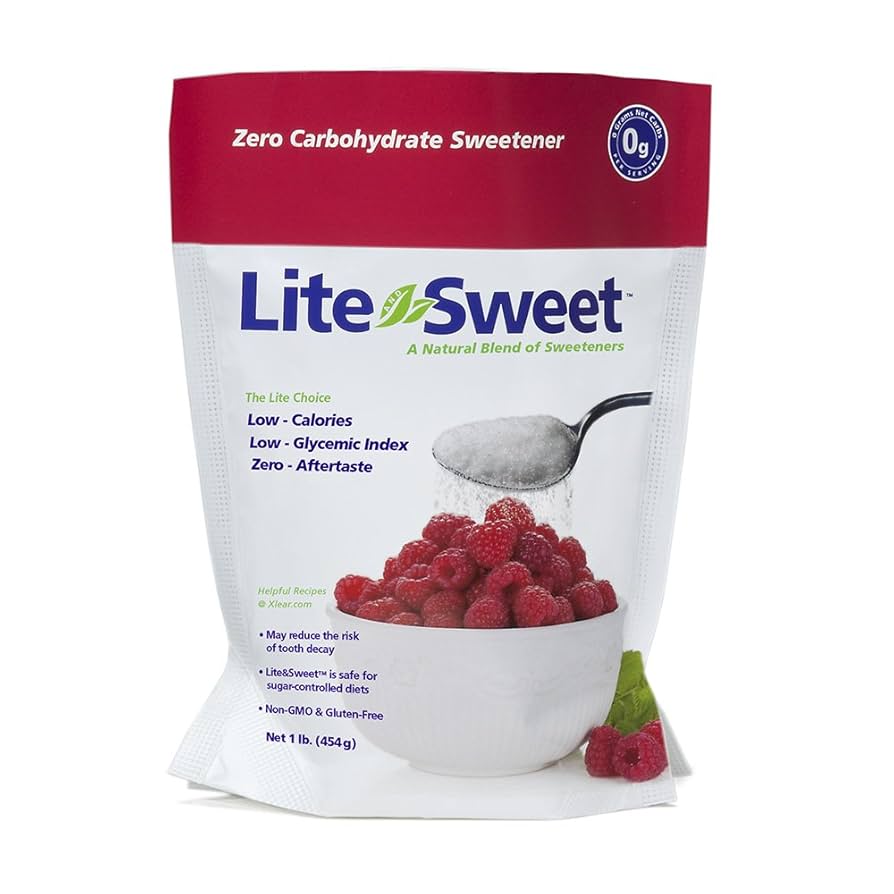
Artificial sweeteners like erythritol and xylitol are widely used in health products and sugar-free supplements, but new research raises concerns about their effects on the cardiovascular system. Studies suggest that elevated blood levels of erythritol may increase the likelihood of blood clot formation, which can lead to heart attacks or strokes. While moderate intake from foods is generally safe, concentrated supplements or powdered forms can deliver far higher amounts than the body can efficiently process. Doctors recommend using these sweeteners sparingly and opting for natural alternatives like fruit or honey when possible.
Comments